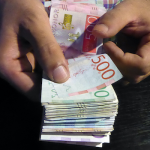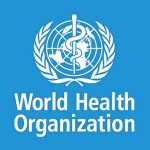Anti-GMO groups present themselves to the public as independent truth seekers fighting to build a healthy food system and counter the machinations of "powerful" corporations. A detailed investigation of who funds these groups, and how they spend their massive donations, paints a very different picture.
Funding
Despite years of research, our understanding of Autism Spectrum Disorder is limited. But the National Institutes of Health is hoping to change that, by awarding $100 million in grants to nine different groups working on various aspects of ASD.
It's no exaggeration that the World Health Organization has helped saved hundreds of millions of lives. As such, something like a halo surrounds whatever it chooses to do. That said, the Washington Post reports that the WHO spent more on travel than on fighting AIDS, hepatitis, malaria, and tuberculosis – combined. Were these smart choices?
The public is becoming increasingly skeptical of science. It's the natural outcome of a society that's hyper-partisan, and one that's told to be ever-more distrustful of expertise and authority. It's not surprising, therefore, that research perceived as even mildly controversial is immediately met with the charge "Follow the Money!"
Scientific research is not cheap. But what is the process that academic scientists go through in order to receive funding for their work? This article – the first of a two-part series – describes this stressful and highly competitive procedure.




